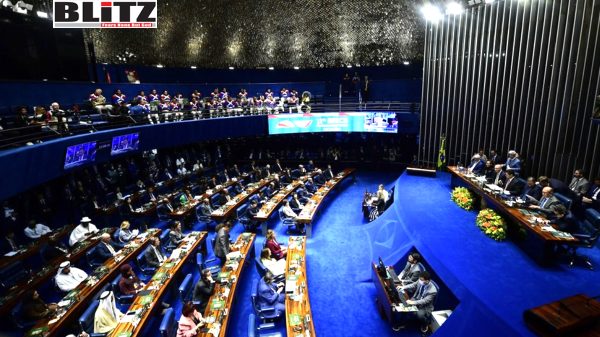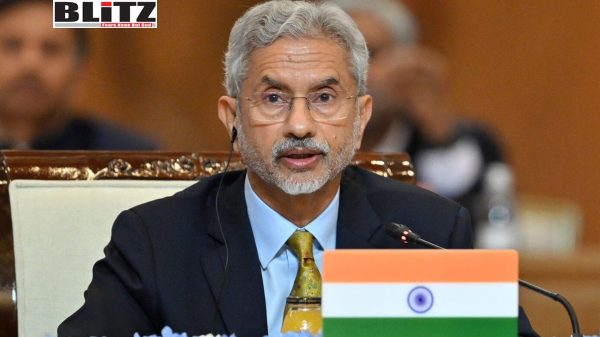Why Bangladesh government replaces DSA with CSA
- Update Time : Saturday, August 26, 2023

Facing substantial international pressure, the Bangladesh government is currently discussing the replacement of the Digital Security Act (DSA), a controversial law known for curbing freedom of expression and press, with the proposed Cyber Security Act (CSA). Despite expectations for repeal, the Digital Security Act remains in place, and the suggested amendments are not aligned with recommendations from Bangladesh civil society groups and the United Nations.
The proposed Cyber Security Act reportedly retains repressive elements of the DSA, a point highlighted by Amnesty International in their review of the draft law. The review, titled “Bangladesh: Open letter to the government: Feedback on proposed ‘Cyber Security Act'”, was published on the organization’s website. Amnesty International expressed concern that the new law maintains oppressive provisions from the DSA, which have consistently restricted the right to freedom of expression in Bangladesh.
Amnesty International specifically pointed to Article 6 of the Cyber Security Act, noting that the draft law preserves nearly all of the offenses outlined in the DSA. The CSA introduces changes mainly related to sentencing, involving modifications such as reducing maximum prison sentences for certain offenses, eliminating imprisonment for a couple of offenses, increasing maximum fines for others, and altering penalties for repeat offenses.
The draft Cyber Security Act leaves Sections 25 (regarding the publication of ‘false or offensive information’), 29 (concerning the publication of ‘defamatory information’), and 31 (pertaining to punishment for ‘deteriorating law and order’) intact, mirroring the DSA verbatim, as highlighted in Amnesty International’s review. Moreover, certain ambiguous terms used in Section 25, such as ‘affect the image or reputation of the state’ or ‘spread confusion’, are undefined within the CSA.
Amnesty International also raised concerns about Section 31 of the Cyber Security Act, which addresses intentional publication or broadcasting of content that promotes hostility, hatred, or prejudice among different groups or communities, potentially leading to arbitrary application due to a lack of specific definitions.
The CSA also retains Sections 21 and 28 from the DSA verbatim, criminalizing actions against the liberation war and religious values, respectively. Additionally, Section 42 of the CSA authorizes police officers to search premises, seize computers, and arrest individuals without a warrant, closely resembling Section 43 of the DSA.
Experts and critics, such as Ali Riaz, a distinguished professor and political analyst, question the government’s intent behind the proposed law change. Despite media outlets framing it as an abolition of the DSA, the Law Minister Anisul Huq clarified that the law would not be abolished but transformed into the Cyber Security Act, retaining many provisions. The move raises questions about the motivations for the change, especially considering calls from human rights organizations and the UN high commissioner for human rights to suspend the application of the Digital Security Act.
The ongoing debate raises concerns about democracy, freedom of expression, and human rights in Bangladesh. As discussions continue, the true reasons for the government’s persistence in replacing the law remain unclear. The repeal of the Digital Security Act and any potential successor legislation is crucial to safeguard fundamental rights and uphold democratic values in the nation.
















